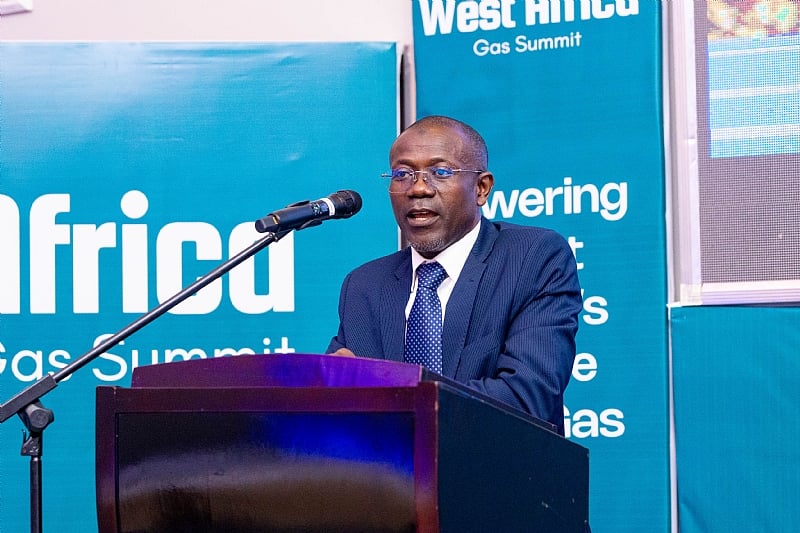The Ghana National Petroleum Corporation (GNPC) has unveiled an ambitious gas strategy aimed at driving energy transformation and regional integration in West Africa. The strategy, presented at the 2025 West Africa Gas Summit, positions natural gas as a crucial bridge fuel, facilitating a transition to a more sustainable and prosperous energy future for Ghana and the sub-region. GNPC emphasizes the multifaceted role of natural gas, not merely as a fuel source, but as a catalyst for industrialization, economic growth, and enhanced energy security. The corporation’s vision centers on becoming a globally recognized entity, leveraging its operations to improve the lives of Ghanaians and contribute to regional development.
GNPC’s strategy acknowledges the current and projected gas supply deficits in Ghana despite the country’s existing production from the Jubilee, TEN, and Sankofa-Gye Nyame fields, supplemented by imports from Nigeria. While these sources currently contribute an average of 425 million standard cubic feet per day (MMscfd), powering approximately 70% of Ghana’s electricity generation, the anticipated rise in demand necessitates proactive measures to expand supply. GNPC outlines a multi-pronged approach to address this challenge, including collaborations with partners to increase production from existing fields, operationalizing a Liquefied Natural Gas (LNG) import terminal, and exploring new gas resources in both offshore and onshore basins.
The corporation’s commitment to Ghana’s energy sector is evident in its strategic investments across the gas value chain. GNPC’s $190 million financing of the Takoradi-Tema Interconnection Project (TTIP) has enhanced flexibility and security within the domestic gas transportation network. Furthermore, the corporation provided crucial financial guarantees enabling the realization of the Sankofa Gas Project and the development of the Atuabo Gas Processing Plant. GNPC’s support extends to the power sector, facilitating the deployment and relocation of the Karpowership to Sekondi to utilize indigenous gas, and financing the construction of a 110-kilometer gas pipeline from Prestea to Kumasi, creating a foundation for a third power generation enclave.
Recognizing the importance of private sector involvement, GNPC has extended invitations for partnerships in upcoming projects. These initiatives include expanding domestic gas supply from existing fields, developing the Tema City Gate, establishing a Compressed Natural Gas (CNG) infrastructure, and creating a gas distribution network for the Tema industrial enclave. This collaborative approach underscores GNPC’s commitment to leveraging private sector expertise and innovation in realizing its gas strategy and fostering sustainable growth in the energy sector. The corporation is actively seeking partnerships with organizations that share its commitment to sustainable development, innovation, and regional advancement.
GNPC’s strategy is firmly aligned with Ghana’s decarbonization goals and the principles of a just energy transition. The corporation emphasizes its commitment to supporting economic transformation in a manner that is both environmentally responsible and socially equitable. This approach reflects a broader recognition of the need to balance economic development with environmental sustainability, ensuring that the transition to a cleaner energy future benefits all stakeholders. GNPC aims to contribute to a more resilient and inclusive energy landscape while simultaneously minimizing environmental impact.
In conclusion, GNPC’s gas strategy represents a comprehensive roadmap for Ghana’s energy future, emphasizing natural gas as a transitional fuel and a key driver of economic growth. By strategically investing in infrastructure, fostering collaborations, and promoting innovation, GNPC aims to unlock the full potential of natural gas resources for the benefit of Ghana and the West African region. The corporation’s commitment to a just energy transition ensures that the pursuit of economic development is aligned with environmental sustainability and social inclusivity. This forward-looking approach positions GNPC as a key player in shaping the future of energy in West Africa, fostering regional integration, and driving sustainable development.














